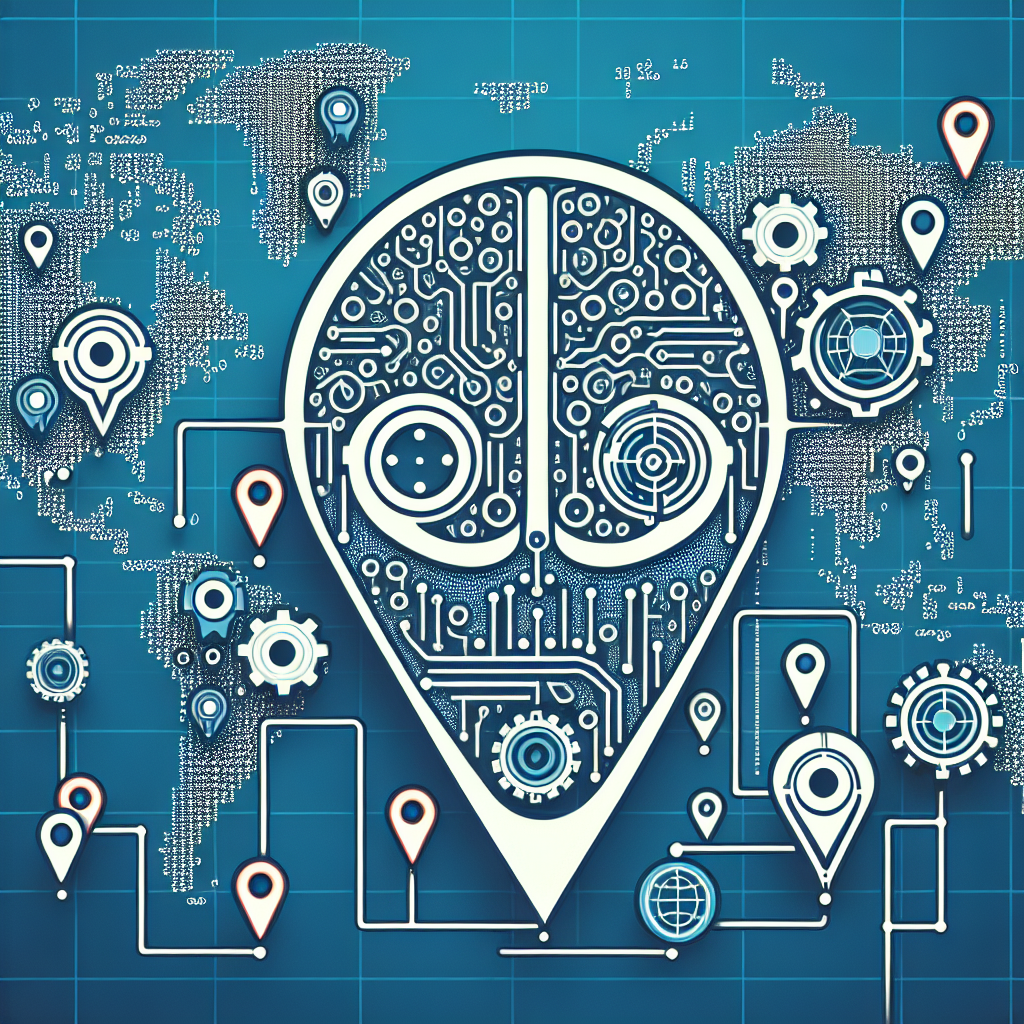Artificial intelligence (AI) has revolutionized many industries, including marketing. One area where AI is making a significant impact is in location-based marketing strategies. By leveraging AI technology, businesses can better target their customers based on their location, preferences, and behaviors, leading to more personalized and effective marketing campaigns.
What is Location-based Marketing?
Location-based marketing is a strategy that uses a customer’s physical location to deliver targeted and relevant marketing messages. This type of marketing is particularly effective for businesses with physical locations, such as retail stores, restaurants, and entertainment venues. By using location data, businesses can send personalized offers, promotions, and advertisements to customers in a specific geographic area.
How Does AI Enhance Location-based Marketing Strategies?
AI technology enhances location-based marketing strategies in several ways:
1. Personalization: AI algorithms analyze customer data, such as location history, purchase behavior, and preferences, to create personalized marketing campaigns. By delivering relevant and timely messages to customers based on their location and past interactions with the brand, businesses can increase engagement and drive sales.
2. Predictive Analytics: AI can analyze large amounts of data to predict customer behavior and preferences. By using predictive analytics, businesses can anticipate customer needs and deliver targeted marketing messages at the right time and place.
3. Real-time Optimization: AI algorithms can analyze real-time data, such as location updates and customer interactions, to optimize marketing campaigns on the fly. This allows businesses to adjust their messaging and targeting in real-time to maximize the effectiveness of their campaigns.
4. Hyper-local Targeting: AI technology enables businesses to target customers with precision based on their exact location. By using geofencing and beacon technology, businesses can send targeted messages to customers when they are in a specific location, such as near a store or event venue.
5. Cross-channel Integration: AI can integrate data from multiple channels, such as social media, mobile apps, and websites, to create a unified view of the customer. By combining data from different sources, businesses can deliver consistent and personalized marketing messages to customers across all touchpoints.
Case Study: Starbucks
Starbucks is a prime example of a company that has successfully implemented AI in its location-based marketing strategies. The coffee giant uses AI technology to analyze customer data, such as purchase history and location, to deliver personalized offers and recommendations to its customers.
Starbucks’ mobile app uses AI algorithms to analyze customer behavior and preferences, such as favorite drinks and store locations, to recommend personalized offers and promotions. By using location data, Starbucks can send targeted messages to customers when they are near a store, encouraging them to stop by for a coffee or a snack.
The company also uses geofencing technology to target customers with location-specific offers. For example, Starbucks can send a coupon for a free drink to customers who are near a store but have not visited in a while, enticing them to come back and make a purchase.
FAQs
Q: How does AI collect location data for marketing purposes?
A: AI technology collects location data from various sources, such as GPS signals, Wi-Fi networks, and mobile apps. By analyzing this data, AI algorithms can determine a customer’s location and target them with personalized marketing messages.
Q: Is location-based marketing ethical?
A: While location-based marketing can be a powerful tool for businesses, it is important to respect customer privacy and data protection laws. Businesses should obtain consent from customers before collecting and using their location data for marketing purposes.
Q: What are the benefits of location-based marketing for businesses?
A: Location-based marketing can help businesses increase foot traffic, drive sales, and build customer loyalty. By delivering personalized and relevant messages to customers based on their location, businesses can create a more engaging and memorable customer experience.
Q: How can businesses measure the effectiveness of their location-based marketing campaigns?
A: Businesses can track key performance indicators (KPIs) such as foot traffic, sales conversions, and customer engagement to measure the effectiveness of their location-based marketing campaigns. By analyzing these metrics, businesses can optimize their strategies and improve their ROI.
In conclusion, AI technology is transforming location-based marketing strategies by enabling businesses to deliver personalized and targeted messages to customers based on their location and preferences. By leveraging AI algorithms, businesses can optimize their marketing campaigns in real-time, increase customer engagement, and drive sales. As AI continues to evolve, location-based marketing will become even more sophisticated and effective, helping businesses create more meaningful and personalized experiences for their customers.

